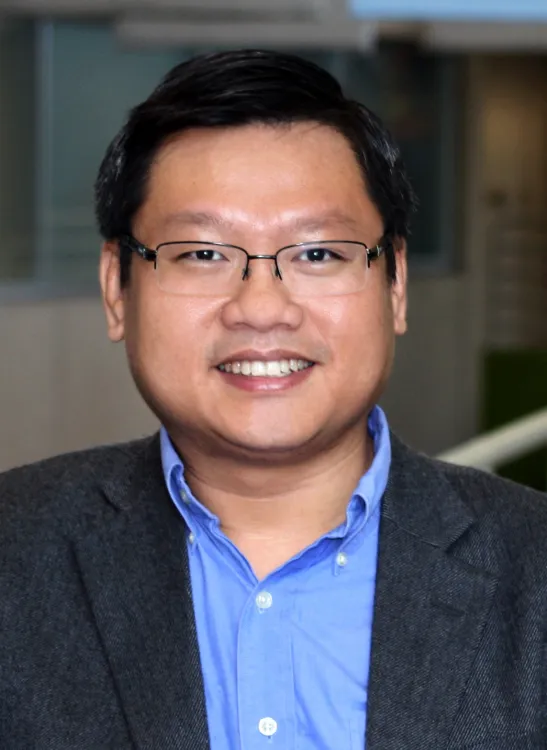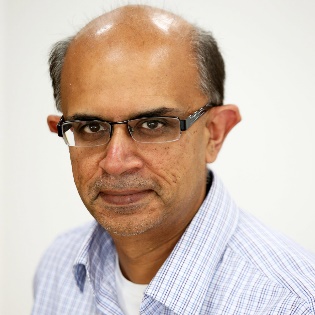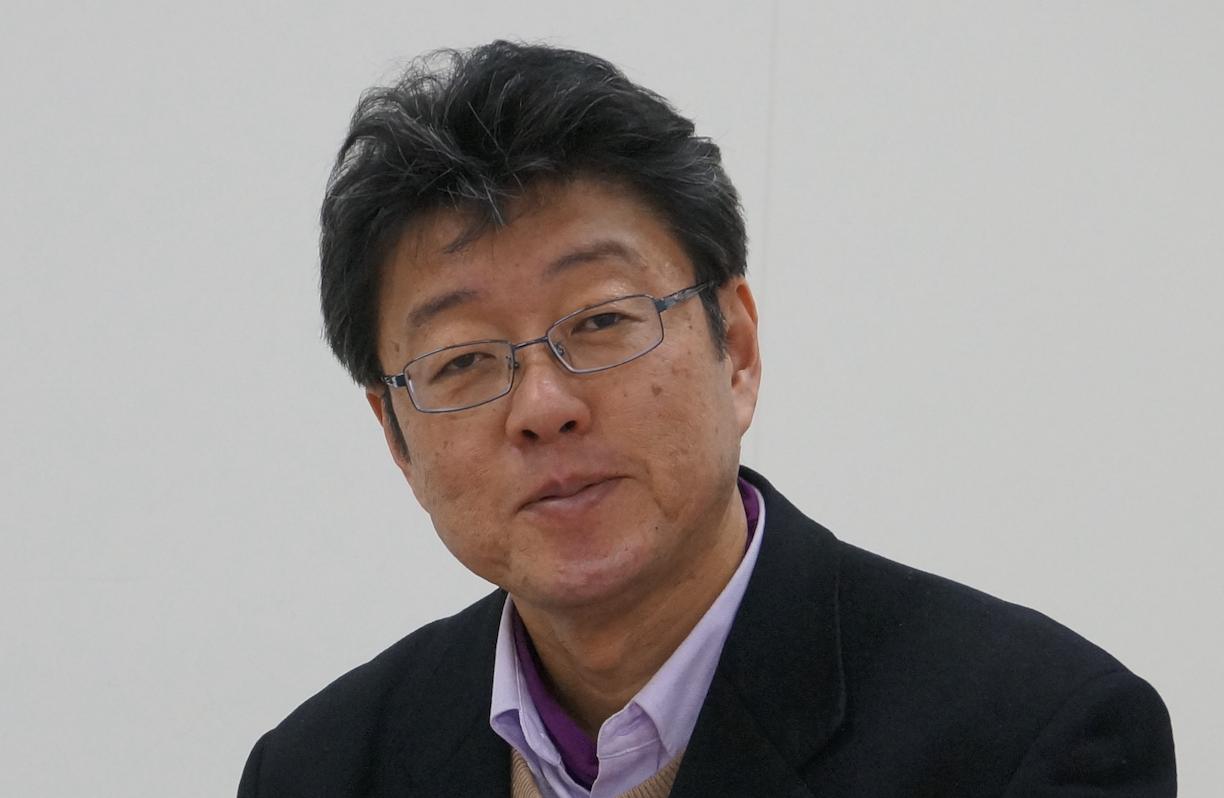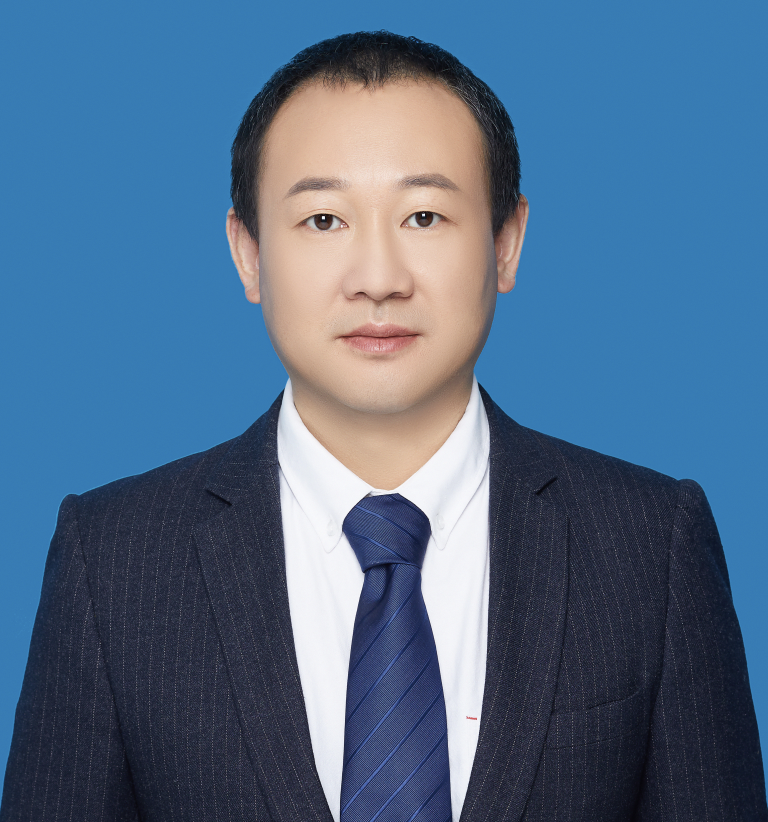
Keynote 1: Prof. Richard Hill, University of Huddersfield, UK
Title: Next Generation Security for Cyber Physical Systems
Abstract: Driven by the Industry 4.0 movement, businesses are innovating rapidly and applying accessible technologies to accelerate wealth creation and societal development. Decades of robotics research is now becoming easier to implement as enterprises start to exploit the potential benefits of Cyber Physical Systems (CPS). The interconnected nature of CPS thus presents significant challenges for the secure distribution of data, especially since it is essential that physical actuation must be safe and cause no harm to humans. This talk explores the landscape of security issues from the context of CPS, considers emerging approaches to privacy preservation, and novel approaches for distributed ledger technologies, and identifies pertinent opportunities for research and industrial communities to investigate.
Short-Bio:
Professor Richard Hill is Head of the Department of Computer Science, and Director of
the Centre for Industrial Analytics, at the University of Huddersfield, UK. Professor
Hill has published over 200 peer-reviewed articles and has been the recipient of several
best paper awards, having been recognised by the IEEE for outstanding research leadership
in the areas of Big Data, predictive analytics, the Internet of Things, Cyber Physical
Systems security and Industry 4.0, and has specific interests in digital manufacturing.
Homepage:
https://pure.hud.ac.uk/en/persons/richard-hill



